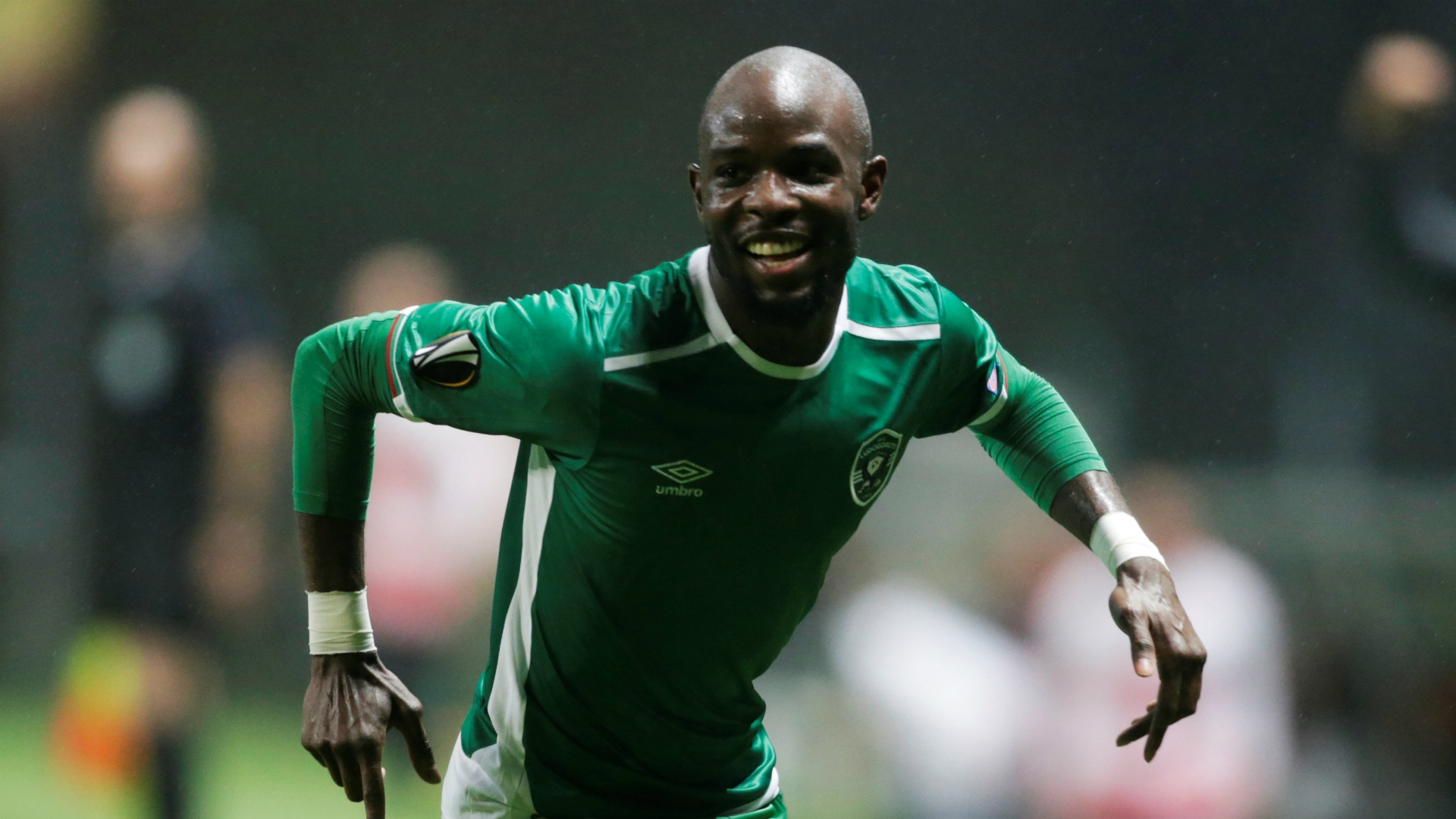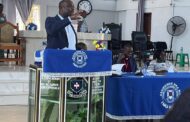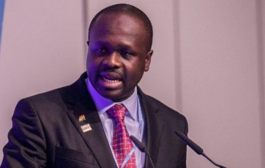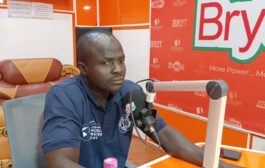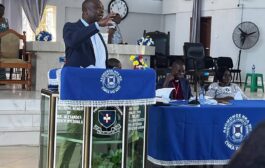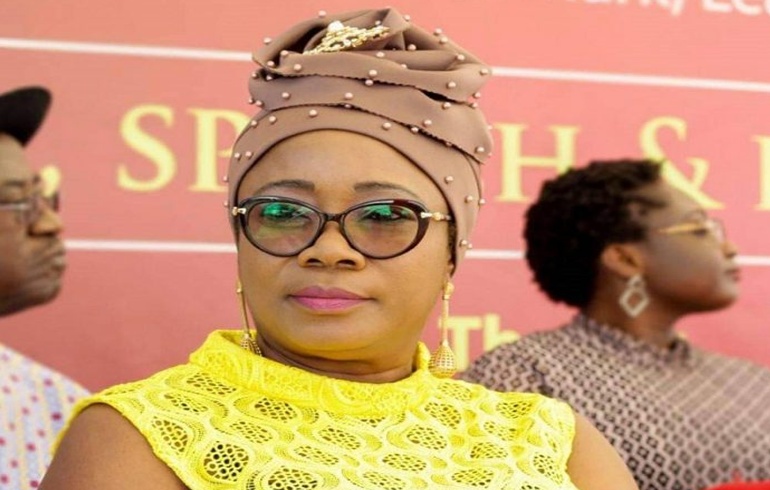When Jody Lukoki died three months ago, the football community in the Netherlands was shocked by his death but an even greater surprise was to follow as the final days and months of the DR Congo international’s life were laid bare.
Questions about his death were raised from the start.
Namely, how can a footballer, almost ready to return after a lengthy spell out with a serious knee injury, die suddenly at the age of 29?
Lukoki was a winger who had been on the books of FC Twente but, despite signing a contract with the former champions in July 2021, a combination of injury and a chaotic personal life ultimately scuppered his chances with the team.
In fact, the hours preceding the former Ajax Amsterdam star’s death on 9 May featured heated arguments, accusations of excessive abuse of nitrous oxide – also known as laughing gas – and the amputation of a leg.
There were even reports that Lukoki, whose family hail from the Amsterdam suburb of Osdorp, had suffered a fatal blow at the hands of a local mixed martial arts fighter, an accusation that has been firmly rejected.
On 25 May, police reported that Lukoki had died of natural causes – an infection with unknown roots but which had possibly been caused by months of alleged substance abuse, when the so-called laughing gas became anything but funny.
Yet humour and positivity are closely associated with Lukoki by several of those who know him, such as his former team-mates and coach at Twente.
“Jody always made people laugh – you would spontaneously smile when he was around,” Twente winger Virgil Misidjan told BBC Sport Africa.
“I will remember him as a great guy, a nice guy,” Twente coach Ron Jans told BBC Sport Africa. “When I think of him, I always start to smile. But it seemed that his last half year was actually a big misery.
“His private situation was quite complex. I actually don’t want to know a lot of things because I have good memories of him.”
Who was Jody Lukoki?
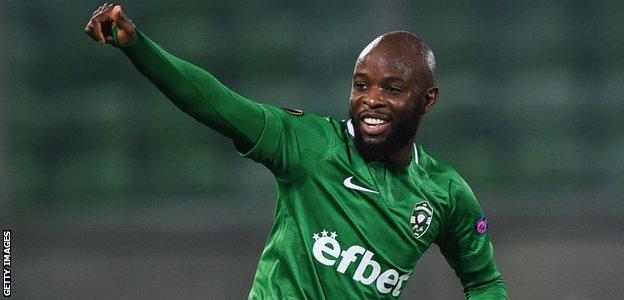
Born in Kinshasa, Lukoki and his parents fled ongoing fighting in DR Congo in the 1990s and he grew up in Amsterdam, where he was on the books of a local side by the time he was 10.
After five years in Ajax’s famed youth system, Lukoki made his senior debut in 2011 and went on to make over 30 appearances for the club, four of which came in the Champions League – with appearances against Real Madrid and Borussia Dortmund among them.
Despite winning three titles in three seasons, the right winger – who was not a regular starter – left the Dutch capital in 2014 for PEC Zwolle, where he would score the club’s first ever goal in European football.
By the time his first season with Zwolle had ended, Lukoki was in the news for other reasons – which offered a hint at his off-field life.
He was acquitted by a court in the Dutch capital, in February 2015, of money laundering for an Amsterdam criminal and handling stolen goods.
At the end of that season, he moved to Bulgaria where he enjoyed five good years with Ludogorets, winning five league titles, before two years in Turkey – at Yeni Malatyaspor – and then his ultimate return to Dutch football with Twente in June last year.
But his comeback quickly took a turn for the worse.
“The prospect we could play football together again was wonderful,” said Misidjan, who joined Twente in the same month, having previously been with Lukoki at both PEC and Ludogorets.
“The first days after he was back were fun and like old times. But he got injured quickly – either the first or second week he was back – it was really disappointing.”
“He came to the club once or twice a week during his rehabilitation and always brought a positive vibe with him,” said Twente’s Algerian midfielder Ramiz Zerrouki, who came up through the Ajax system with Lukoki.
“He must have been struggling but he would still come into the dressing room before the start of games to encourage everyone.”
“His qualities were obvious – very fast and agile. Twente was a way for him to get back to his old level and then take another step up. The question is always where someone’s ceiling as a footballer is, unfortunately we will never find out.”
Chronicle of a death untold
The weekend before his death the following Monday, Lukoki attended a party in Almere, a city near Amsterdam.
Details are hard to confirm but at some point, the father-of-one was involved in an altercation with at least one other guest and reportedly received at least one blow.
What is certain is that hours later, Lukoki was taken to hospital suffering from both an extreme headache as well as knee pain.
Doctors soon determined the footballer had an infection and an acute oxygen deficiency, whereby the decision was taken to amputate one of his legs.
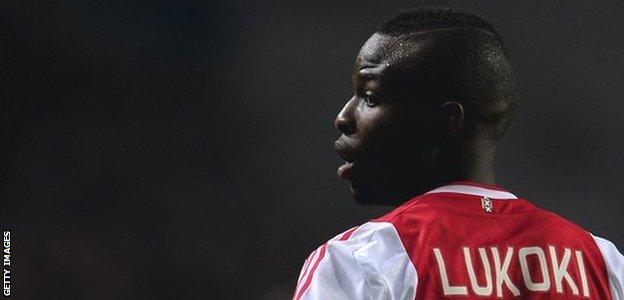
Despite being placed in an artificial coma following his amputation, with doctors weighing up whether to amputate an arm as well, Lukoki suffered a cardiac arrest and died early on the Monday morning.
It did not take long for rumours to fly – among the most serious of which was the accusation by Lukoki’s relatives that a local MMA fighter called Victor Kuku had played a significant role in his tragic demise.
In May, Kuku’s attorney said his client – who has links to the Dutch underworld – was the target of false claims.
“The reason my client is under suspicion is that Lukoki’s family have told everyone: ‘Something happened outside during the party and Kuku was there, so he is responsible for Lukoki’s death’,” Jain-Hein Kuijpers told BBC Sport Africa.
“Apparently, [Lukoki’s family] think it is not possible that Lukoki died due to the frequent use of laughing gas and alcohol, but it certainly looks that way.
“Lukoki went to the hospital because of a pain in his head. At the hospital, they thought he was suffering from a concussion, but there were no injuries.”
While Kuijpers admits that that there was indeed physical contact between Kuku and some individuals at the party, he says there was no question of assault.
“There seemed to have been a family gathering or party,” Kuijpers continued. “Relatives, not related to my client, were messing around, arguing and acting tough. They had a few too many drinks.
“My client was inside, heard them arguing, walked up to them and said, ‘Stop with this bullshit. You are all family, don’t act stupid.’ He then slapped four or five people on the cheek and said, ‘Now get on with the party.'”
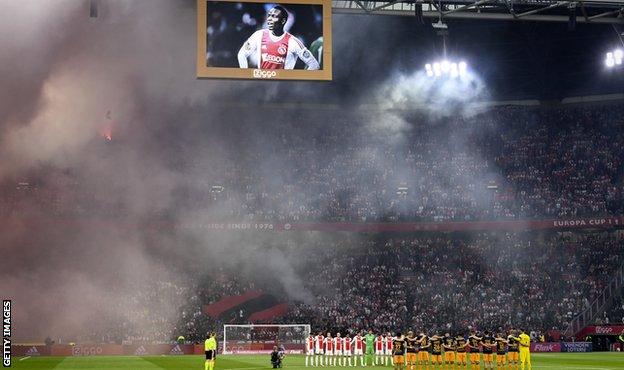
Kuijpers told BBC Sport Africa – prior to the police issuing a statement saying the same – that Lukoki’s death stemmed from a bacterial infection and not assault, with police later questioning four individuals about the latter while ruling out manslaughter.
The source of the infection is a mystery, but one theory is that long-standing abuse of nitrous oxide, or laughing gas, can result in severe health complications – and some have linked Lukoki’s downfall with this.
For in February, just as the prospect of training again after his cruciate ligament injury loomed, Lukoki’s contract with Twente was cancelled following disturbing reports of alleged domestic violence against his girlfriend.
“We are shocked by his behaviour and will take appropriate measures,” said Twente’s general director Paul van der Kraan when the news broke. “Jody’s behaviour crosses boundaries and is unacceptable. We made that clear to him.”
A few days later, the club cancelled his contract – citing “events in the player’s private life” and how his continuing involvement with the club was “not an option”.
Lukoki would never play football at a competitive level again.
The termination of his contract is said to have contributed to his abuse of laughing gas, although no one close to him is prepared to give details on such widely-reported claims in the Dutch media – with the BBC having unsuccessfully sought comment from his family and agent on the matter.
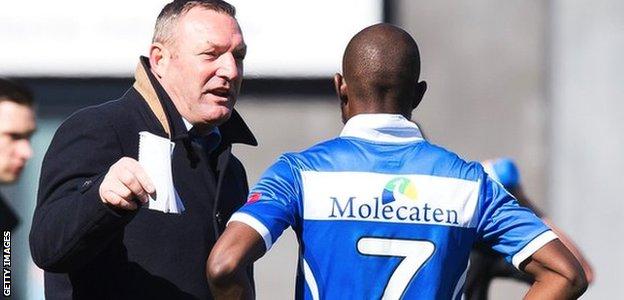
Coach Jans – who first learned of Lukoki’s complex private life when coaching him at PEC Zwolle – says that Lukoki was “naive” at times, that the stories about the party seem “incomprehensible”, and that he is scared of finding out the whole truth.
“I don’t want to dig deeper when I see how certain things went,” Jans said.
“Everything around him raises so many questions. He may have done many unwise things. How is it possible that you are capable of domestic violence? Jody grew up differently to most of us (having fled DR Congo with his family) and maybe it has something to do with that.
“I wasn’t present at all times so I can’t say anything about certain things – that makes it a bit easier to see the sunny side of Jody.”
Misidjan is also afraid of learning more about his long-term friend and the secrets he may have hid.
“We also don’t want to know what happened – as then we will be left with even more questions,” he said. “It’s all hard enough already.”
Source: BBC



